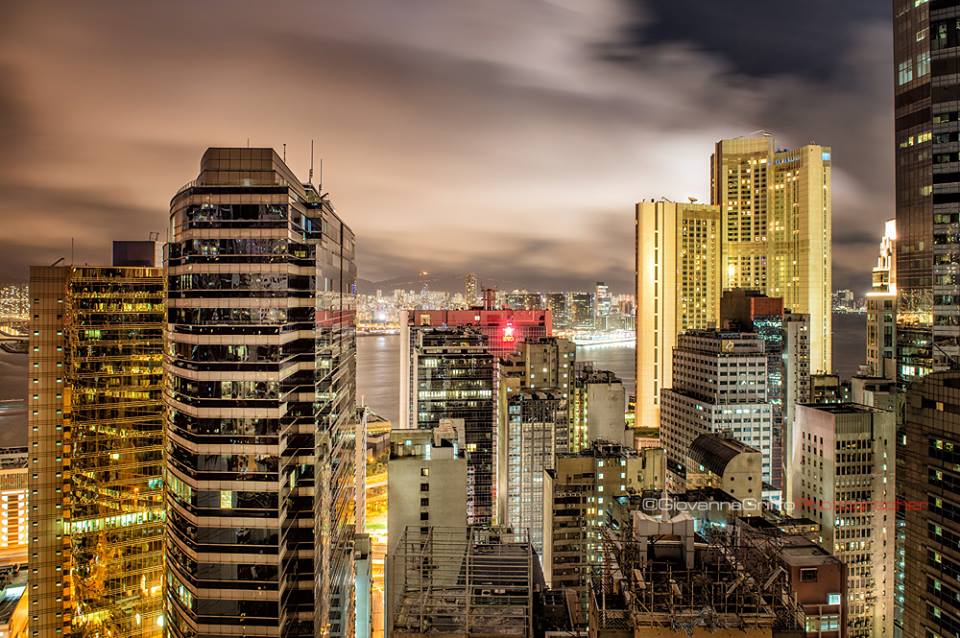
“After about ten communes in the provinces of Venice, Rovigo and Padua were considered, it was decided that Polverara would be the most suitable, due its experimental aspect: in the center of the town there is a wood biomass boiler connected with a district heating network of 7 km that reaches 1400 dwellings, including schools and communal buildings. The system, completed in 2010, currently allows a 20% reduction in the carbon dioxide emissions. Moreover, the emissions of the commune are almost non-existent, as it purchases electricity from a company that generates it in a hydropower plant. Yet, the aim of the administration is to involve more citizens and to extend the network from 77 to 200 utilities, in order to exceed the target of a 30% polluting gas reduction that the European Community wishes to achieve by 2020.”
Will the change of administration at the end of May entail a change of the course? “The new mayor, representing a different political current than his predecessor, has already revealed his willingness to use the boiler to undertake the initiatives of energy saving. For this purpose, the new administration is ready to respond to doubts of the citizens regarding the use of wood and to explain the advantages of such application at the training courses and sensitization. Two kinds of doubts: “above all, apart from the woody biomass steam boiler, the town has also a methane boiler, about 400 m away, which intervenes in case of emergency. However, in such cases production from methane is not immediate and it entails shortcomings in the buildings.
In the second place, besides the biomass plant, there is a biogas plant that recovers farm waste using only the MW produced, determining the loss of heat. In order to avoid such wastefulness, it should be necessary to combine both plants within a single district heating network. This option would require more funds than those available.”
Also public street lightning accounts for the activities aimed at waste reduction? “Certainly it does, within a year the new administration wants to replace 400-500 old sources of light using more energy to save up the Commune’s finances with the aim of earmarking them for other initiatives.” It is hoped that such approach will spread also to other cities within and beyond the Adriatic area, to the places which wish to be smart and to continue to improve themselves.
Per ricevere quotidianamente i nostri aggiornamenti su energia e transizione ecologica, basta iscriversi alla nostra newsletter gratuita
e riproduzione totale o parziale in qualunque formato degli articoli presenti sul sito.



















